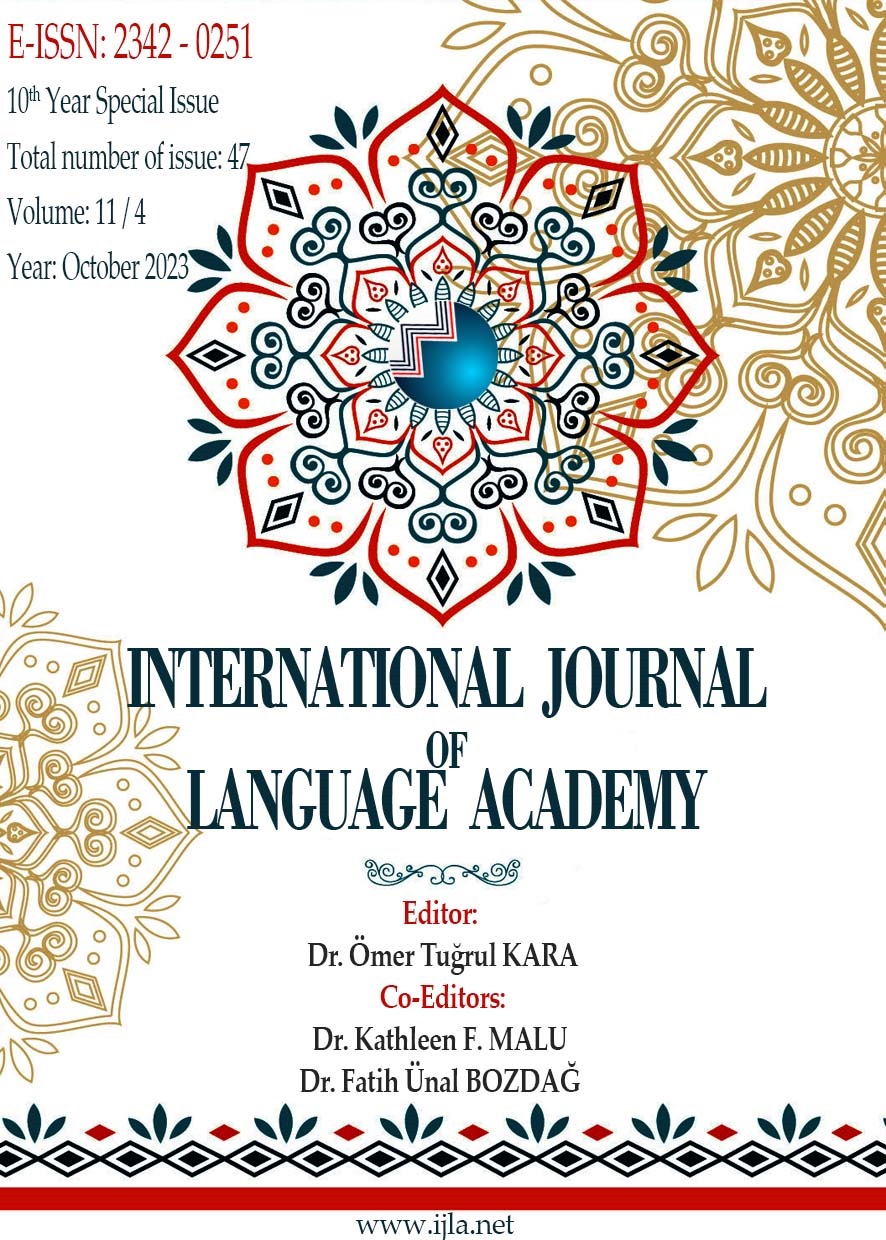THE RELATIONSHIP BETWEEN ADAPTIVE INSTRUCTION AND READING SUCCESS: THE FACILITATIVE ROLE OF READING SELF-CONCEPT AND THE HINDERING ROLE OF PEER BULLYING
Author :
Abstract
Keywords
Abstract
Educational practitioners are encouraged to utilize effective teaching methods to improve their students' academic skills and achievement. However, the effect of such methods may differ in relation to students' individual and environmental characteristics. The purpose of this study is to examine the mediating role of reading self-concept and the moderating role of peer bullying in the relationship between adaptive instruction and reading achievement. The study was conducted using the Turkey data from PISA 2018. The hypothesized model was tested using basic mediation analysis and conditional process analysis. The results show that adaptive instruction positively affects both students' reading achievement and reading self-concept. It also reveals that reading self-concept plays a mediating role in the relationship between adaptive instruction and reading achievement. Furthermore, peer bullying takes a moderating role in the relationships among adaptive instruction and reading achievement and reading self-concept. Notably, the positive effect of adaptive instruction on students' reading achievement and reading self-concept diminishes with increasing exposure to peer bullying. These results reveal that although effective teaching methods and techniques can significantly contribute to students' reading achievement and self-concept, these methods alone may not be sufficient to increase the effectiveness of teaching and ensure desired outcomes. Educators and policymakers must consider the social dynamics within the school and the relationships between students, as these factors can modulate the efficacy of teaching methods on student outcomes.





